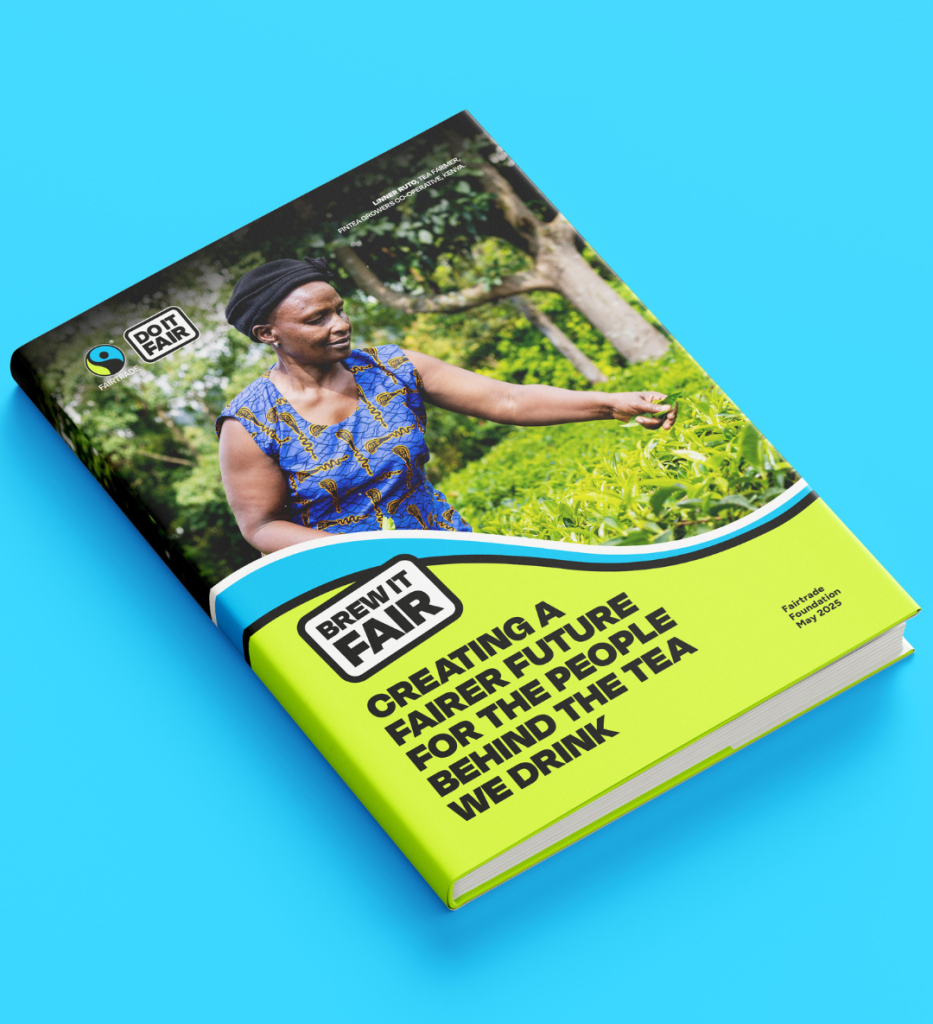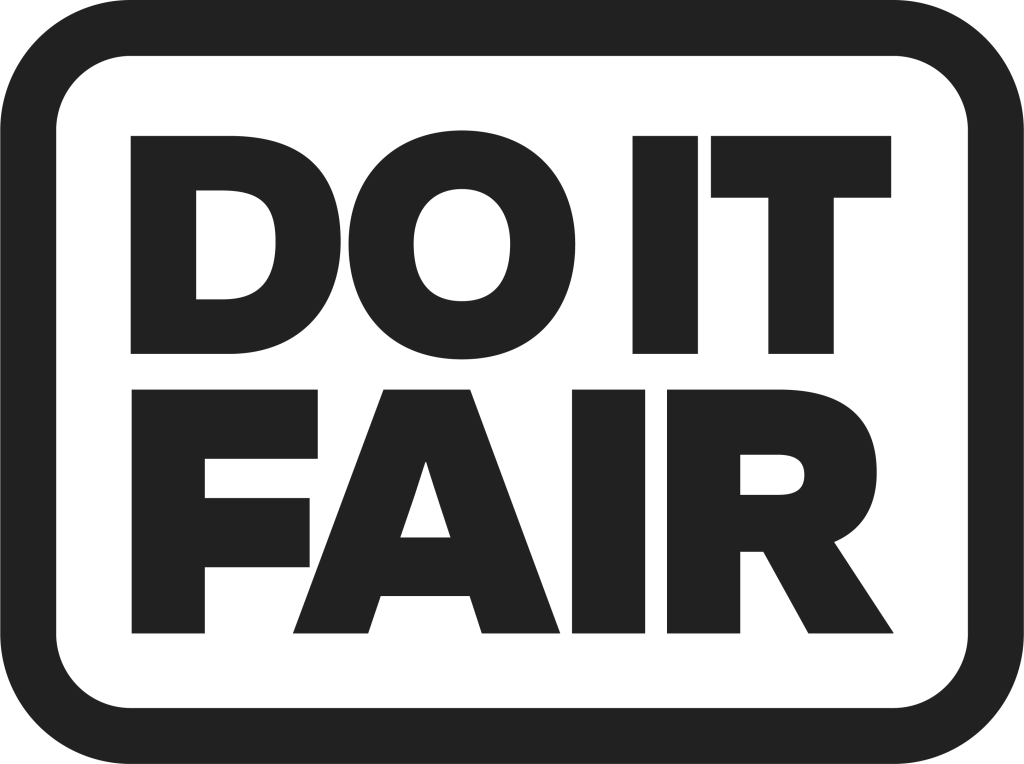
With the world in a tailspin, fairness isn’t a given. But the power to get there is in our hands. Together, our actions can have a positive impact on real people’s lives. Fairer pay. Fairer treatment. Fairer futures. That’s Fairtrade. It’s not just a label – it’s a movement.
So, whatever you do, and however you do it: Do it Fair.
Taking action for fairer tea
We’re asking the UK government to Brew it Fair. Like all of us, the people growing our tea deserve to be able to plan for their futures, and to protect themselves from the impacts of climate change.
Tea is the world’s most popular drink apart from water – in Britain alone we drink over 100 million cups of tea every day.
But right now, too little of the money in the industry goes back to the people who grow and pick our tea. As tea drinkers we have become used to paying very little, with an average tea bag today costing just two or three pence, while the cost to grow and pick our tea is increasing.
Urgent action is needed to support the people at the end of tea supply chains to create positive change for themselves, their communities and our shared environment.
It will require a collective effort to change the future with the people behind Britain’s favourite drink. Together, Governments, businesses and civil society organisations can work alongside tea growers and pickers to raise low tea prices, increase pay and demand human rights for the people behind the tea we drink.
Read the Brew it Fair Report

Discover an overview of the reality for tea workers today in our tea report, sharing the views of the people who grow and pick our tea in Kenya.
The report makes recommendations for how we can all play a part in making the trade system fairer, so the people behind the tea we drink can live decent lives.
Fairtrade Fortnight
This Fairtrade Fortnight, whoever you are, there are many simple actions you can take to make the trade system fairer – leading to a fairer world for all who rely on it.
This Fairtrade Fortnight will be taking place 22 September – 05 October 2025. Over these fourteen days we’ll be asking each of you to Do it Fair. We’ll be celebrating the difference we can all make when we choose Fairtrade and campaign as part of a UK-wide movement calling for a fairer system behind the things we consume every day.
With the world in a tailspin, fairness isn’t a given. But the power to get there is in our hands. Together, our actions can have a positive impact on real people’s lives. Fairer pay. Fairer treatment. Fairer futures. That’s Fairtrade. It’s not just a label – it’s a movement. So, whatever you do, and however you do it: Do it Fair.
